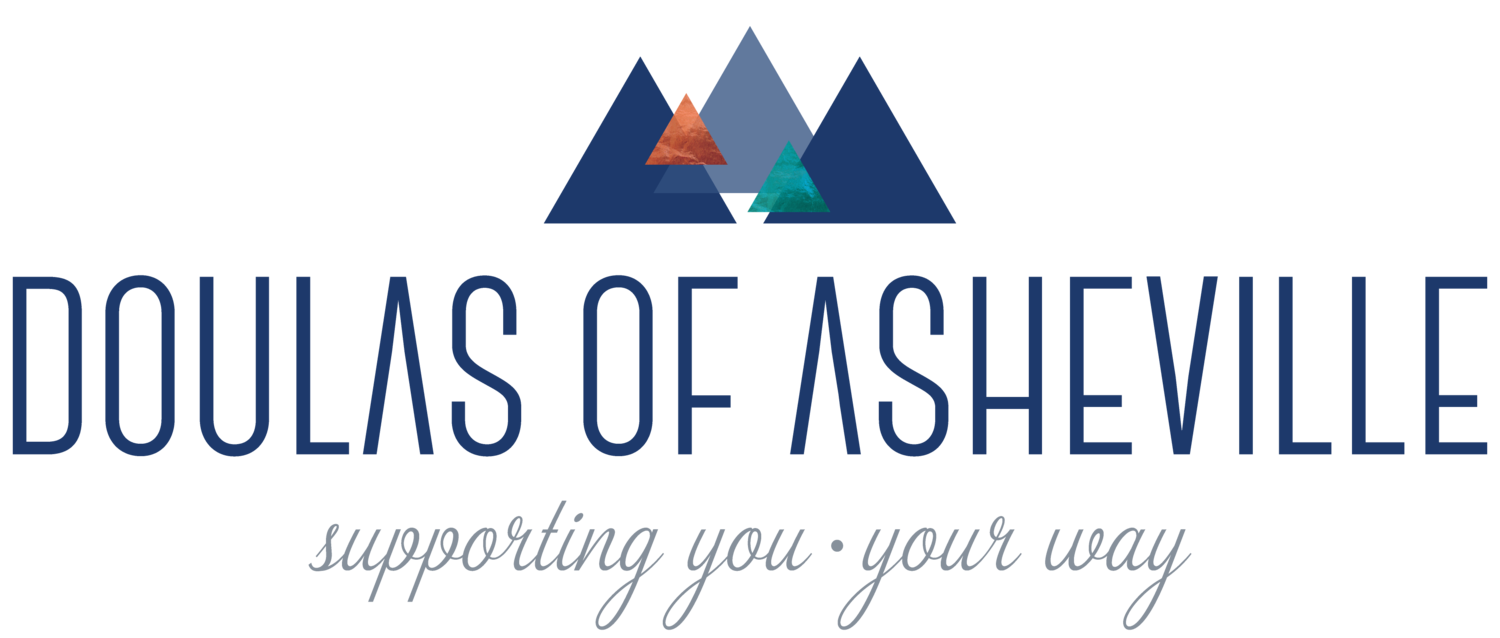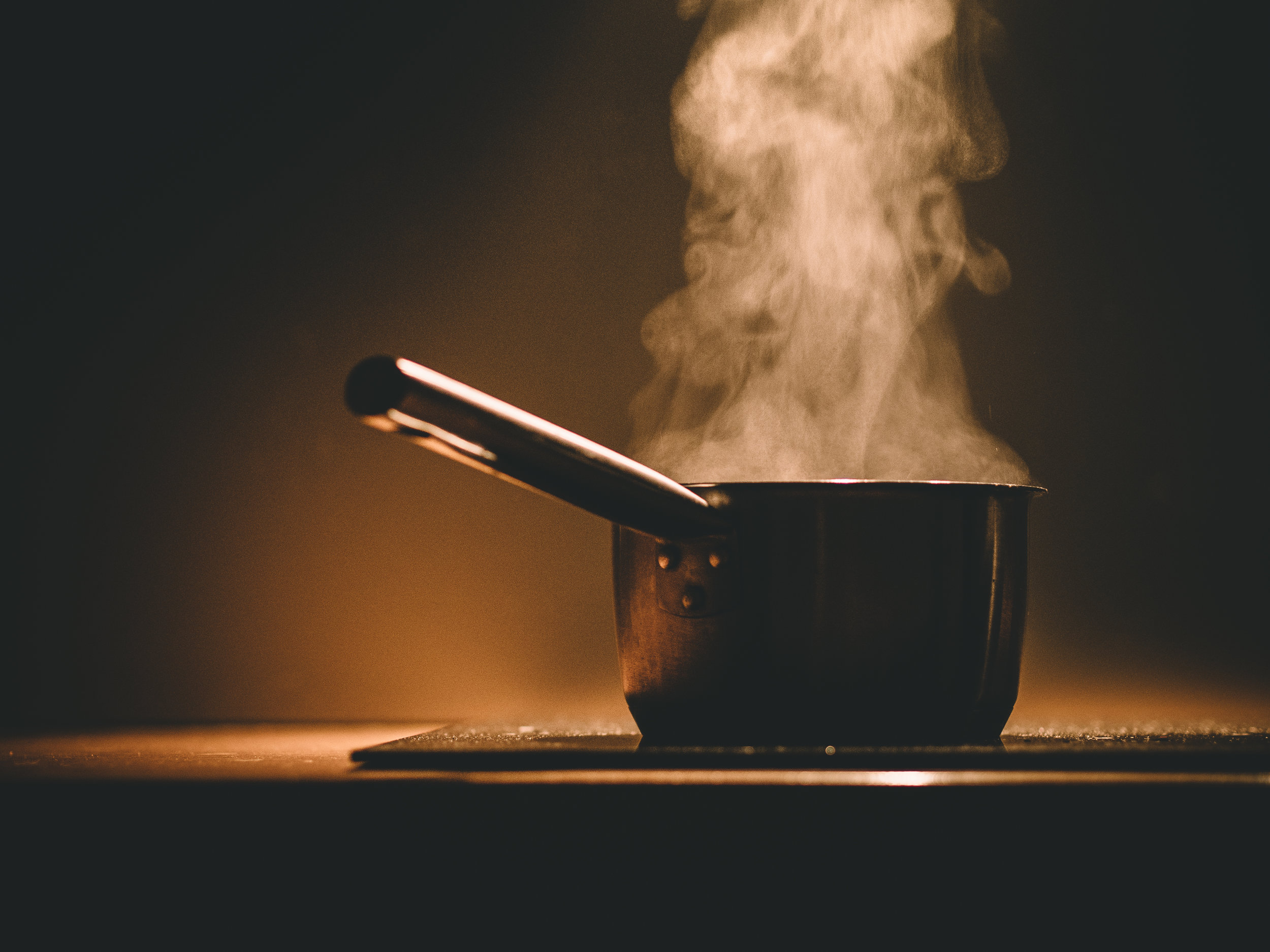The CDC has published notes from a case study that associated an infant's late-onset bacterial infection to its mother's placenta capsules.
Here are the facts:
The infant's mother was screened for group B Streptococcus agalactiae (GBS) bacteremia at 37 weeks, as is the standard protocol with most medical practices. She was not positive for GBS at that point in time.
The infant showed signs of infection shortly after birth, tested positive for GBS, and was treated and discharged following treatment.
5 days later, the infant was admitted to a second hospital and was again positive for GBS. A second treatment protocol was followed. The mother's breastmilk was tested and no bacteria was found. Other tests were conducted and none revealed a source for the bacteria.
Seeking a source of the infection, doctors tested the placenta capsules the mother had been ingesting and the capsules tested positive for GBS.
The infant's diagnosis was "late-onset GBS disease attributable to high maternal colonization secondary to consumption of GBS-infected placental tissue." (source)
No standards exist to regulate placenta encapsulation, and not all placenta encapsulators have adequate training or processes to avoid contamination by bacteria or another infectious disease.
This paper is a case study of one infant, not a large study looking at placenta encapsulation in general.
Here's what we know about how the mother's placenta was handled
The mother hired a placenta company to pick up her placenta from the hospital. Placenta capsules were returned to her three days later.
Because the mother's placenta left her possession, there's a lot we don't know about how it was handled, whether it was stored properly, and if there was any contamination.
Company A states the placenta [was] "cleaned, sliced, and dehydrated at 115°F–160°F then ground and placed into about 115–200 gelatin capsules, and stored at room temperature." (source)
Here's Our Take
PLACENTA ENCAPSULATION IS NOT WITHOUT RISK. We know this. This fact is what guides our extremely rigorous process and the safety protocols we adhere to at Doulas of Asheville. We do everything we can to mitigate every potential risk we are aware of.
We never transport client placentas. Our clients receive their own personal cooler and transport kit with clear instructions for safe storage of their placenta from its birth to getting it home. There is no doubt that your placenta was stored properly and that it is indeed yours because you have maintained possession of it and it is processed in your own home.
Doulas of Asheville only offers the traditional method of placenta encapsulation that stems from Chinese Medicine. This means we clean and drain the placenta and then steam it for 8-12 minutes prior to dehydrating it at 165°F. We know that bacteria can grow rapidly when meat is left in the "danger zone" of 40°F and 140°F. The placenta in the Oregon case was not steamed prior to being dehydrated at temperatures too low to kill bacteria.
The safety precautions we take in the preparation of your home, handling of your placenta, and sanitation of our equipment exceeds industry standards. We follow OSHA protocols for preventing transmission of bloodborne diseases, we use disposable/one-time-use equipment and supplies wherever possible, we sanitize all reusable equipment with a bleach bath according to bloodborne pathogens protocols.
At Doulas of Asheville, placenta services are provided by Postpartum Placenta Specialists that have been through in-person, hands-on training, extensive book study, a comprehensive certification process, and have access to ongoing mentoring by leaders in the industry.
Is Placenta Encapsulation Safe?
We can only answer that question according to our process and protocols. We stand by our process as the safest placenta encapsulation service in western North Carolina. We take every precaution to safely store and handle each placenta, we never have any client's placenta in our personal possession, we never work on more than one placenta at time, we always steam prior to dehydrating at 165°F, we advise our clients to store their capsules in the refrigerator for two weeks and then move to the freezer for longer-term storage.
If there is an active intra- or postpartum infection in baby or mother, we do not encapsulate. We would not have encapsulated this mother's placenta. (Note: having a positive screen for GBS colonization does not mean mother or baby will have a GBS infection.)
Again, placenta encapsulation is not without risk. People who choose to ingest their placenta have decided that the potential benefits outweigh the potential risks - especially when they hire a professional placenta encapsulation service like ours that safely handles their one and only placenta.
What should you look for in a placenta encapsulator?
We've compiled this list of questions to ask your placenta encapsulator as you decide who to entrust with this very important task. As the CDC paper points out, there are no universal regulations or oversight of placenta encapsulation at this time. There are multiple training and certifying organizations that maintain their own sets of quality standards. All Doulas of Asheville Postpartum Placenta Specialists are trained by ProDoula's Placenta Prep program and engage in ongoing professional development and mentoring.
We recommend hiring a professional that has been through a rigorous in-person training, is certified in handling bloodborne pathogens, follows federal and state food handling guidelines, and does not ever maintain possession of other people's placentas or process more than one placenta at a time. The unfortunate and unpleasant truth is that this does happen. There are "placenta specialists" that learned how to encapsulate placentas from a blog, YouTube video, or other individual (who may or may not have had adequate training themselves). There are specialists who have possession of multiple clients' placentas in their homes or separate work spaces at the same time. There are times that specialists process placentas back-to-back. That should never happen. It does not ever happen with Doulas of Asheville's Postpartum Placenta Specialists.
We are proud of our process and are happy to continue to offer this service to the many families who choose to have their placenta encapsulated in the Asheville area.
If you have any questions about this case study, our process, or placenta encapsulation in general we're always here to chat.




